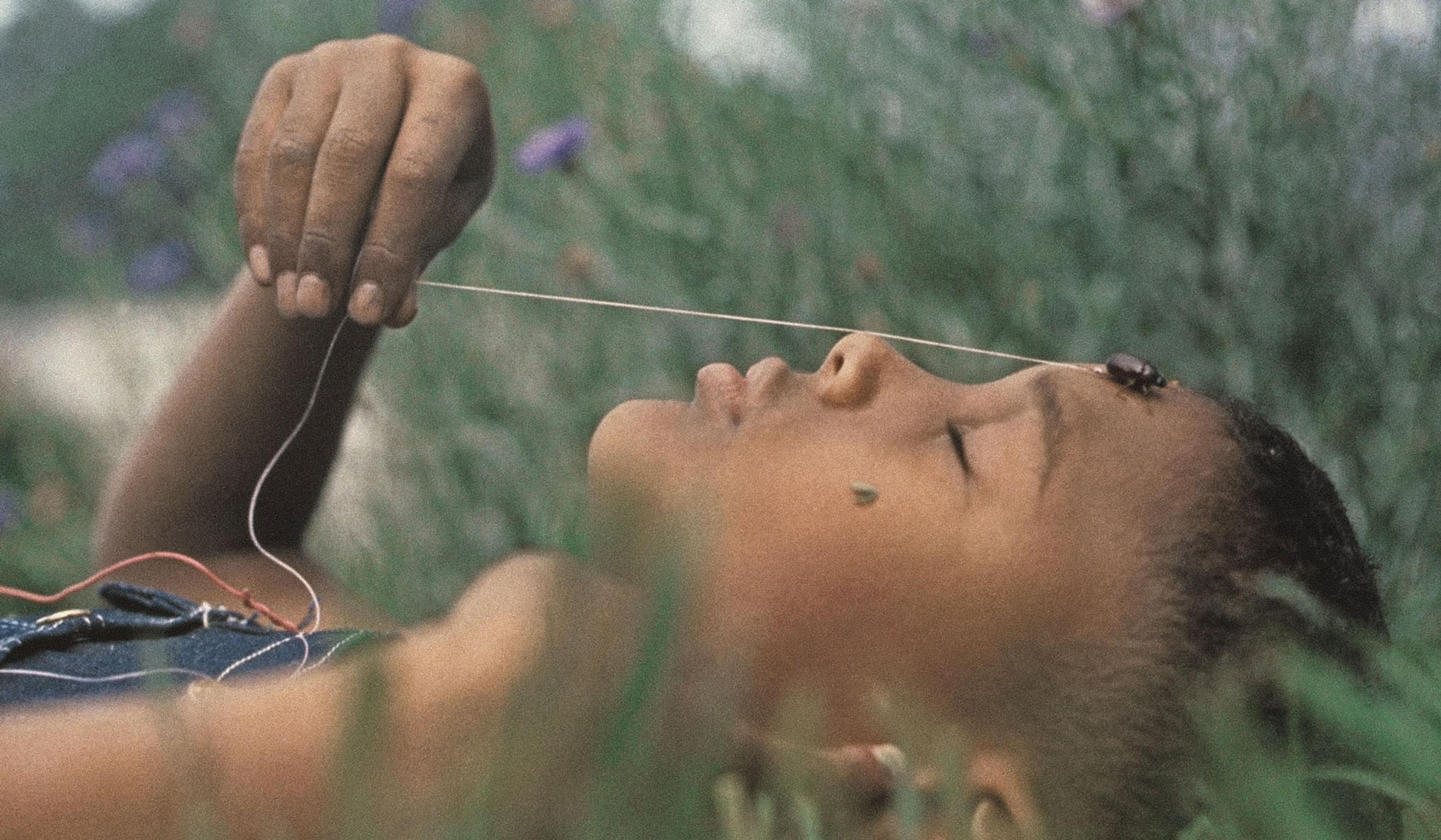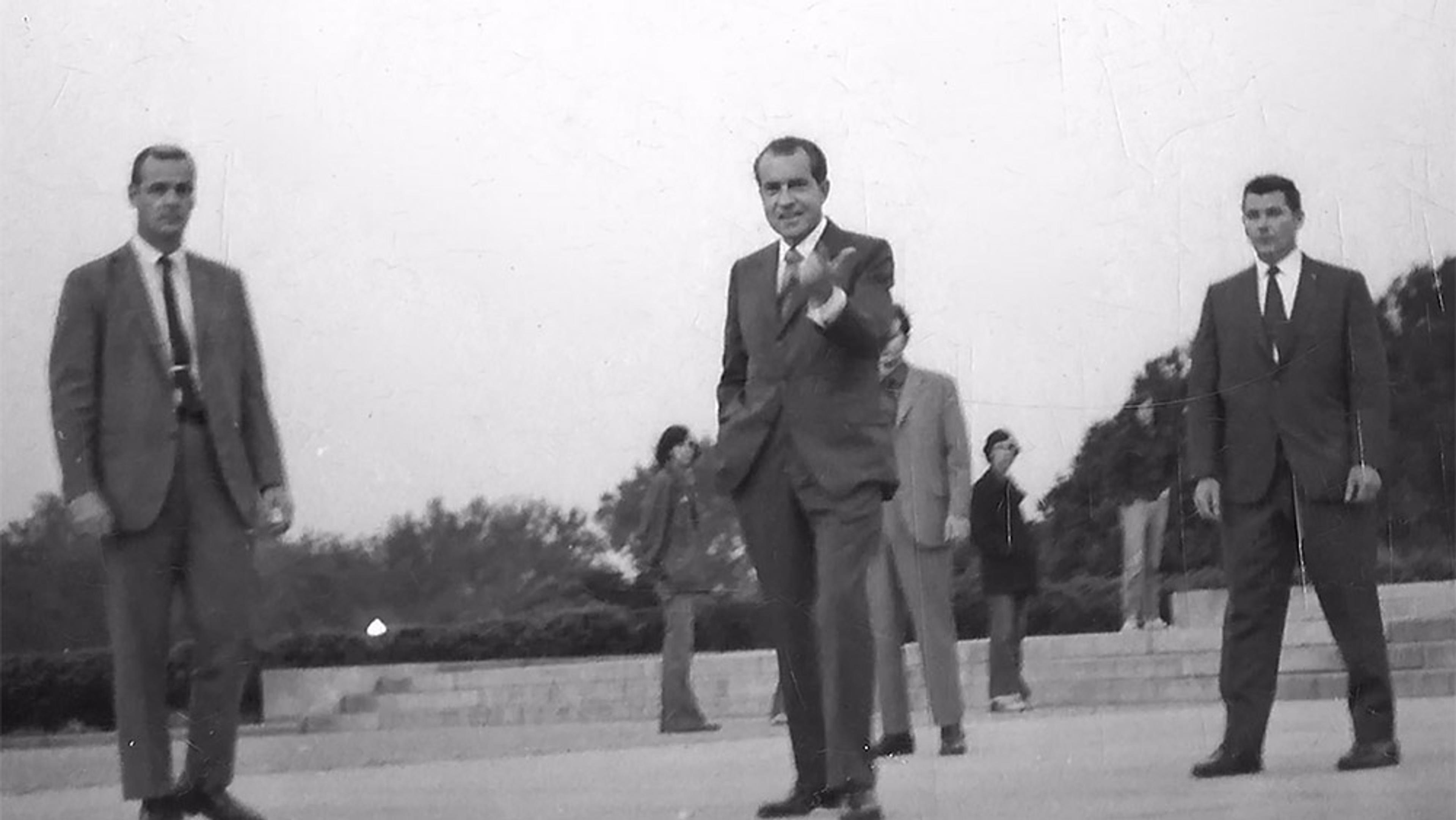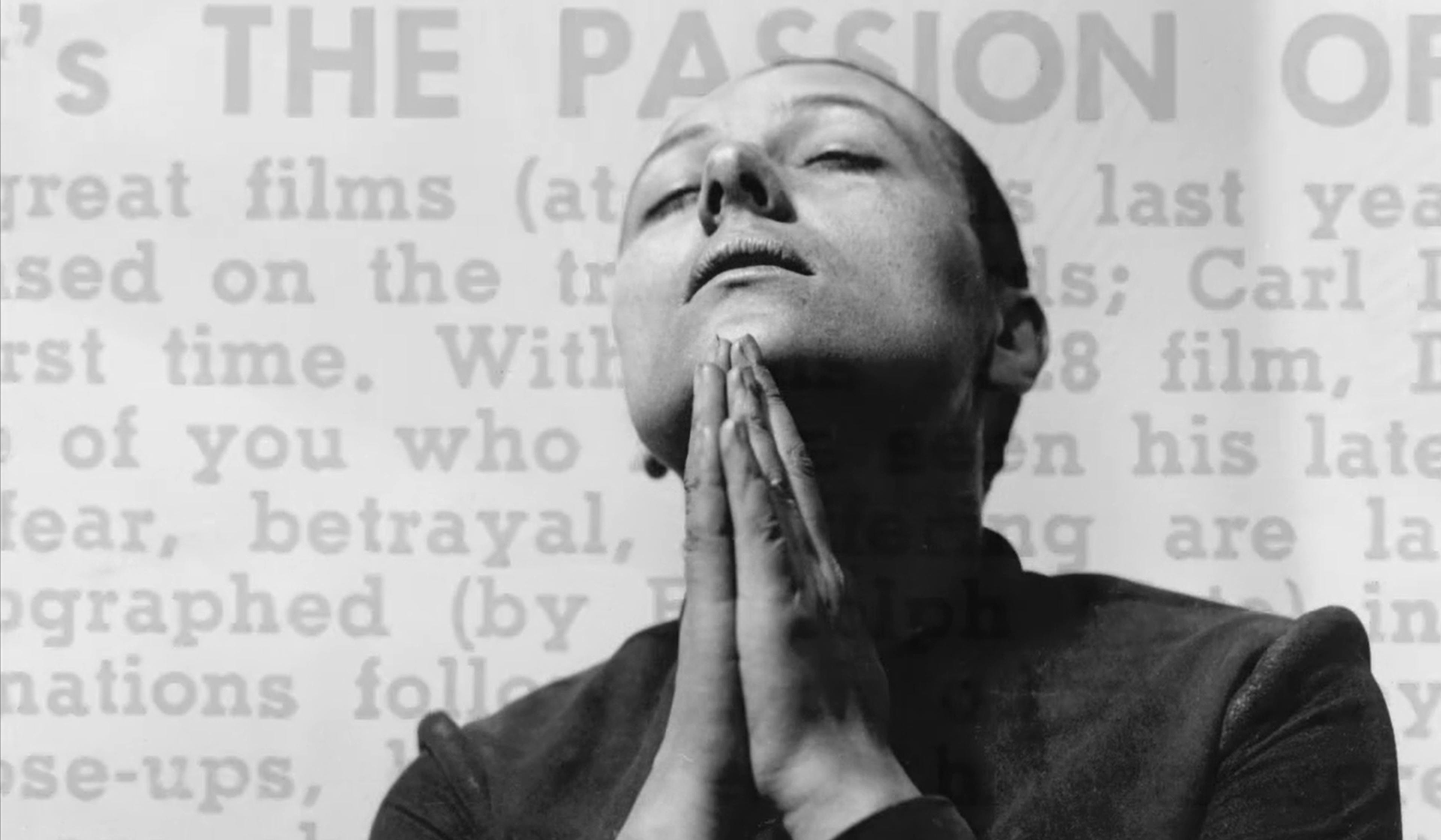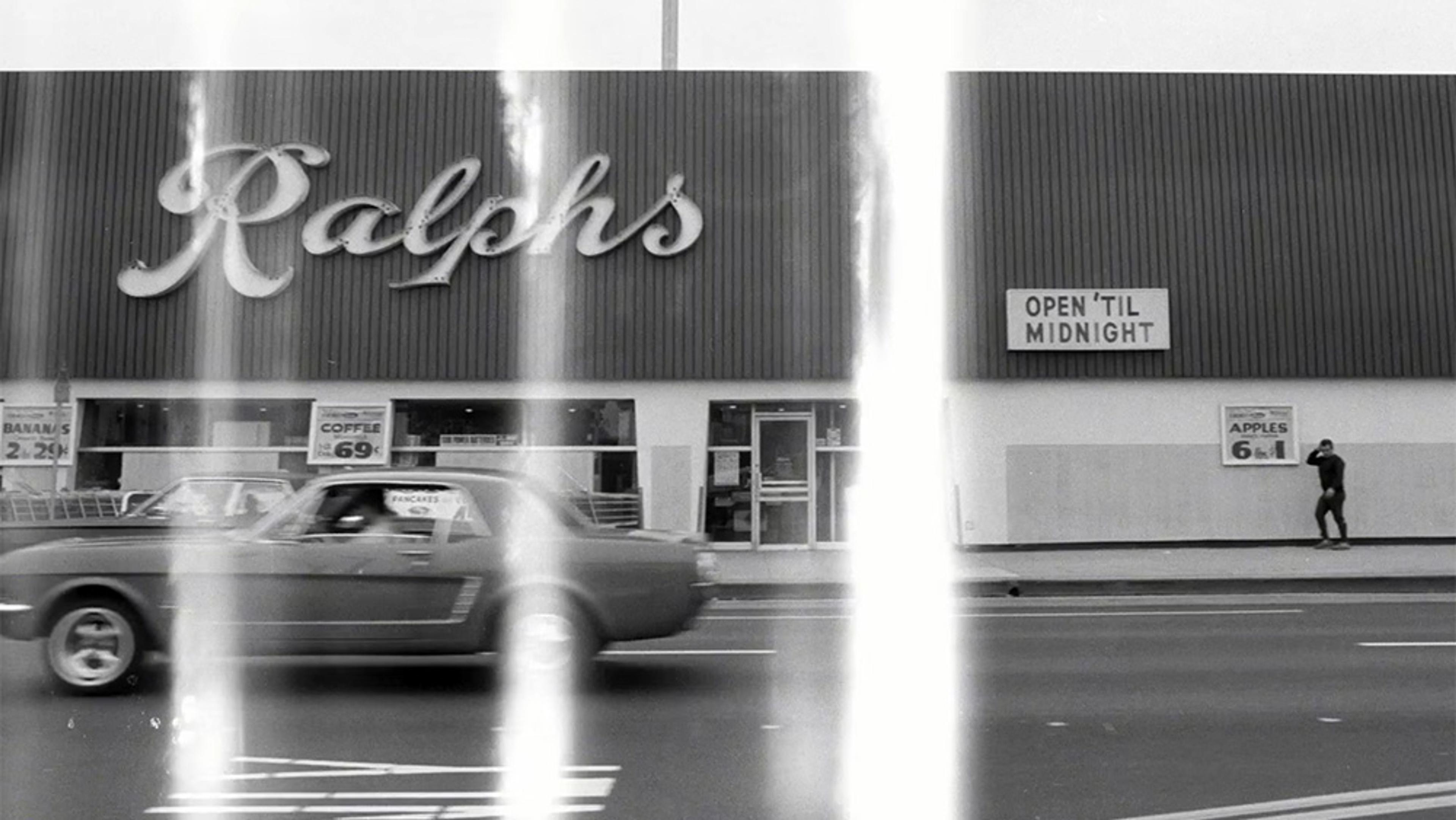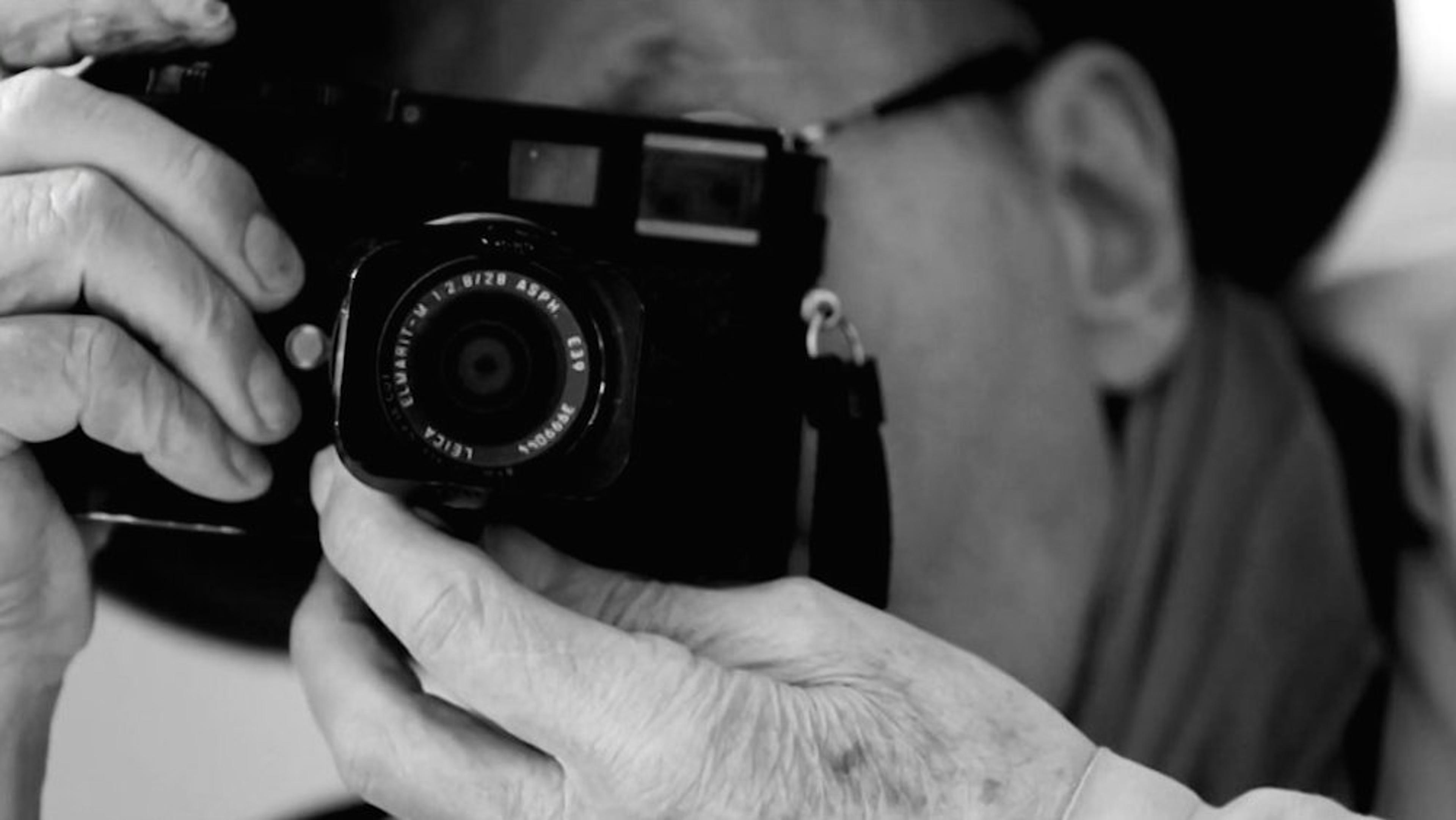The US filmmaker D A Pennebaker – a pioneer of the documentary form – died on 1 August 2019 at the age of 94. He is perhaps best-known for his feature films Don’t Look Back (1967), a remarkable portrait of Bob Dylan while on a concert tour near the height of his fame, and The War Room (1993), which followed Bill Clinton’s run and eventual surprise victory in the 1992 US presidential election. Coming of age at a time when portable 16mm cameras with the ability to record sync sound on the fly allowed filmmakers newfound levels of freedom, Pennebaker was one of the first US documentarians to use the tools and aesthetics of cinéma vérité (or direct cinema), which emphasised recording reality with authenticity and representing stories truthfully.
With its frenetic pace, early morning hues, avant-garde touches, and playful use of shapes and patterns, Pennebaker’s first short, Daybreak Express (1953), made for a precocious debut. The sounds of an eponymous Duke Ellington composition form the film’s clattering backbone, as Pennebaker crafts an urban mosaic from Manhattan’s soon-to-be demolished Third Avenue elevated train line. While more experimental than much of the work he would be celebrated for later, Pennebaker’s career-long knack for kinetic editing, adventurous storytelling and skilfully marrying music and images still permeates nearly every frame. Today the impressionistic short plays not only as an ode to the dizzying dance of New York City transit, but the very power and potential of the documentary form itself.
